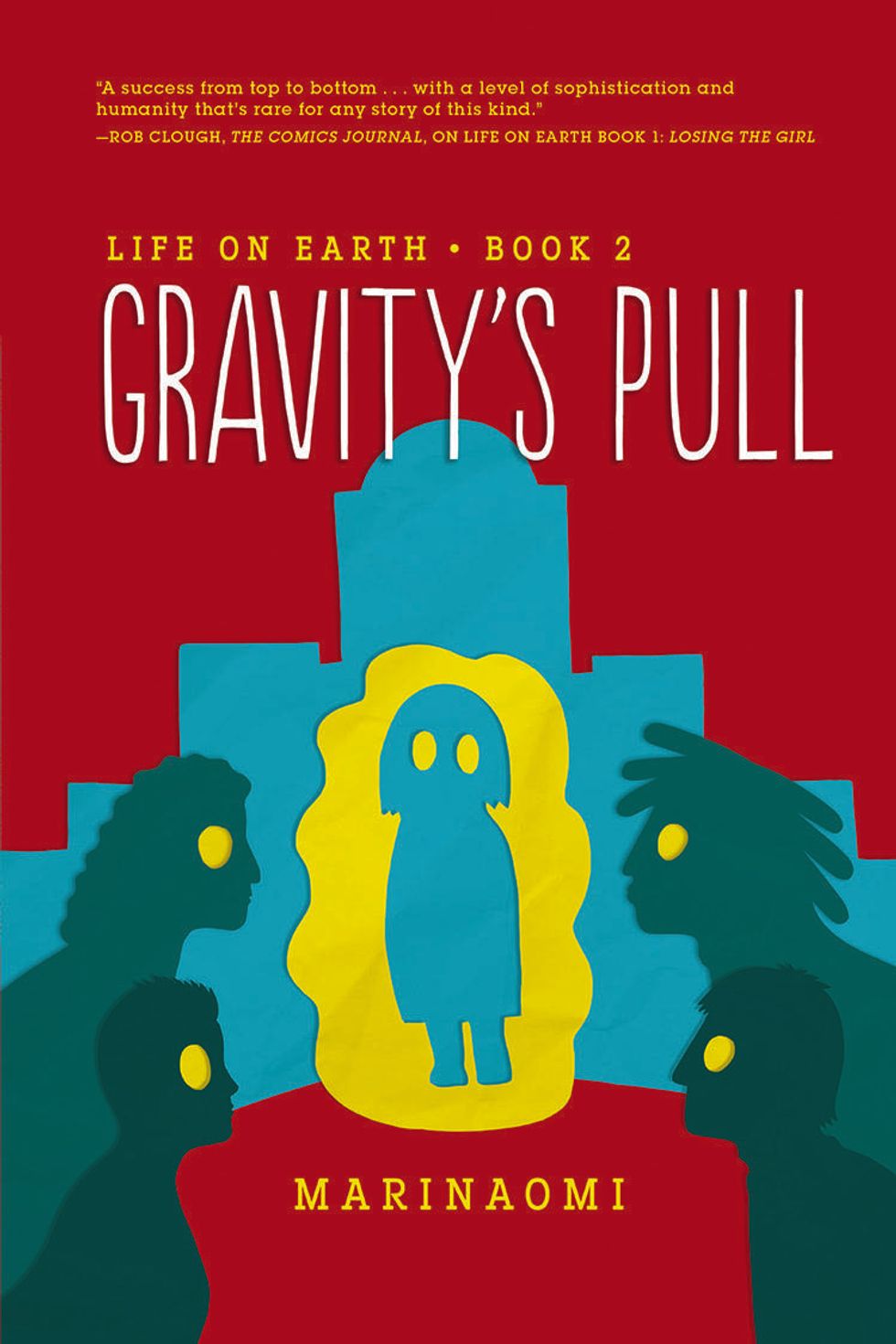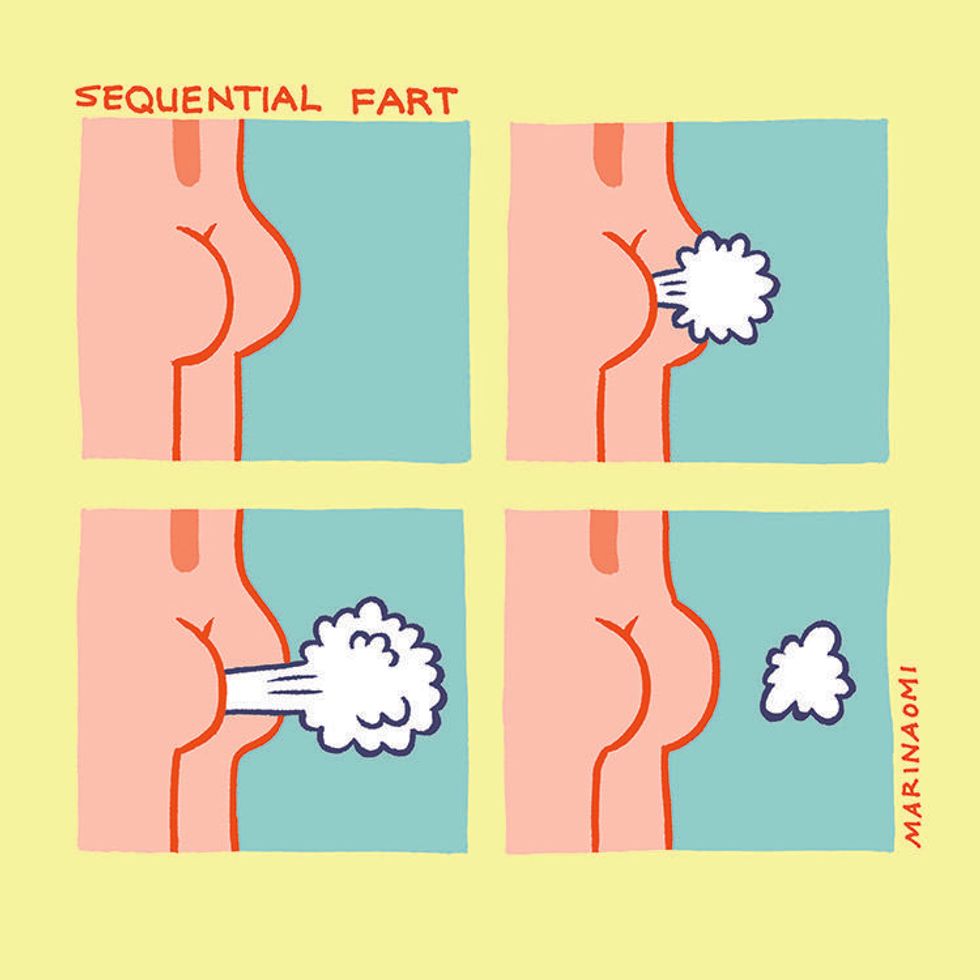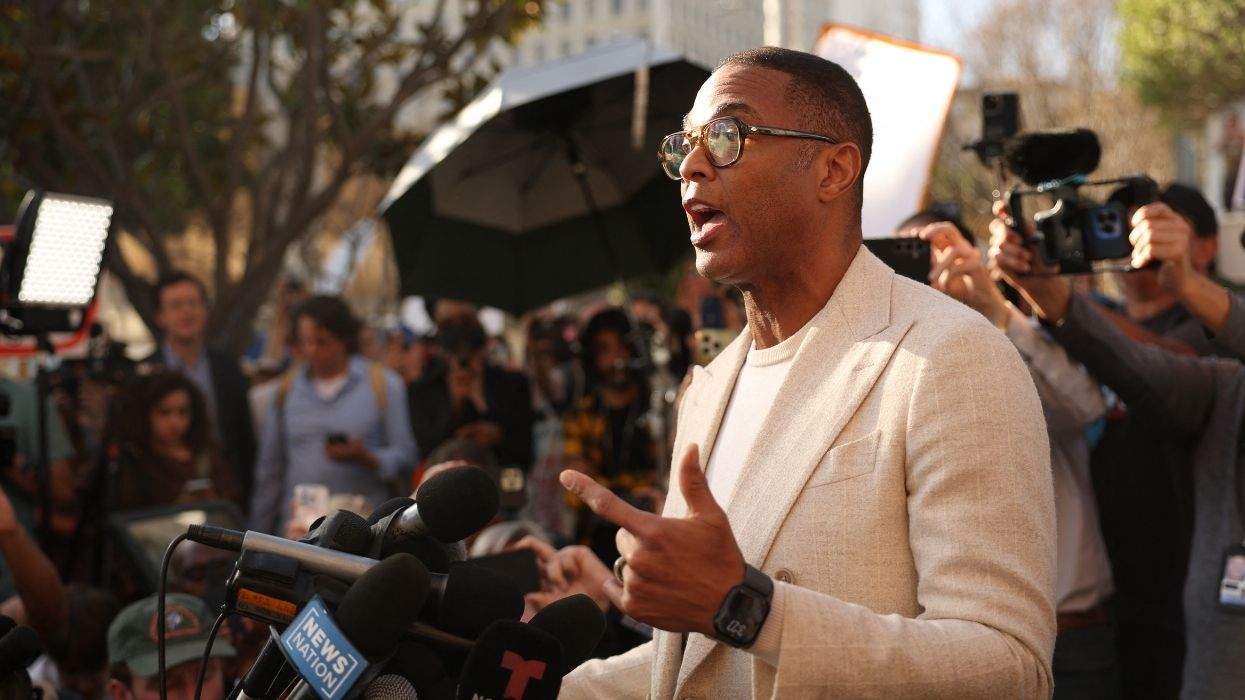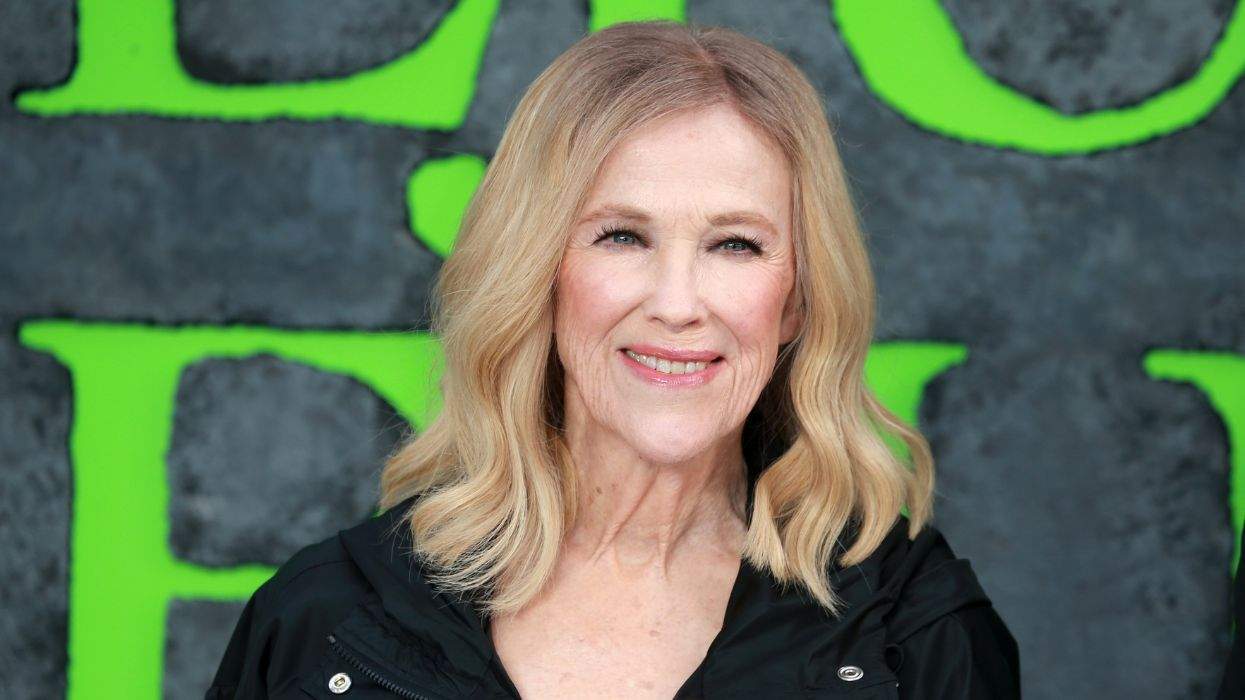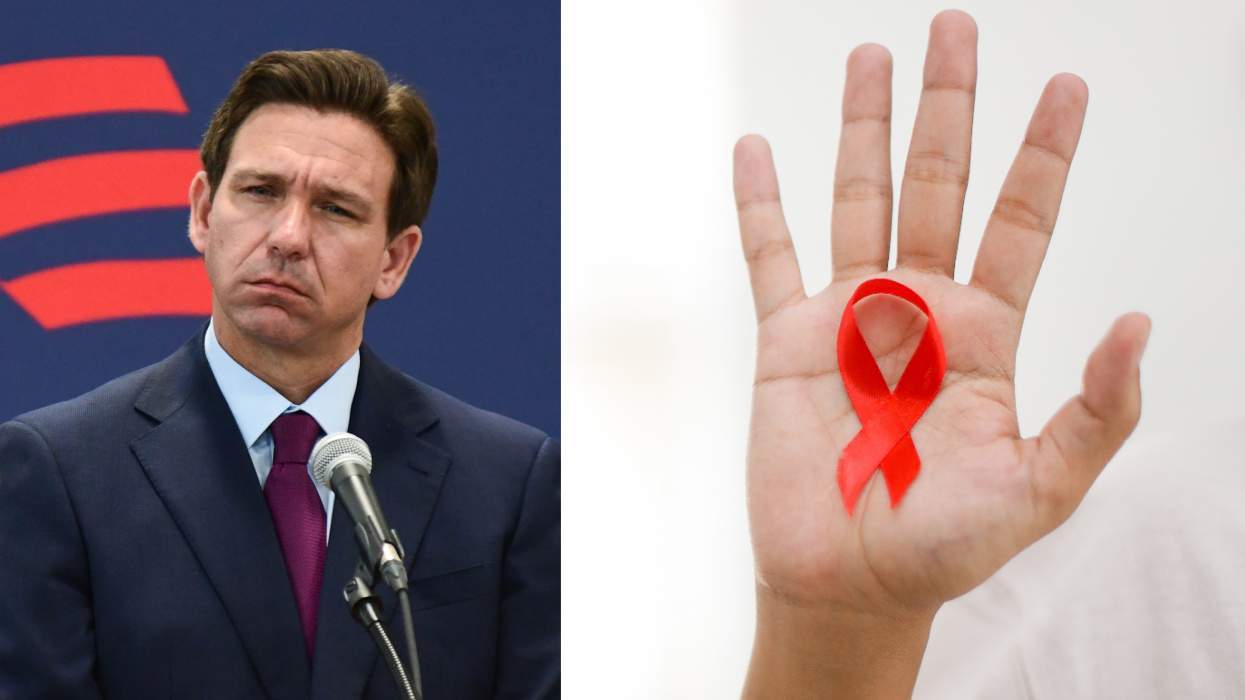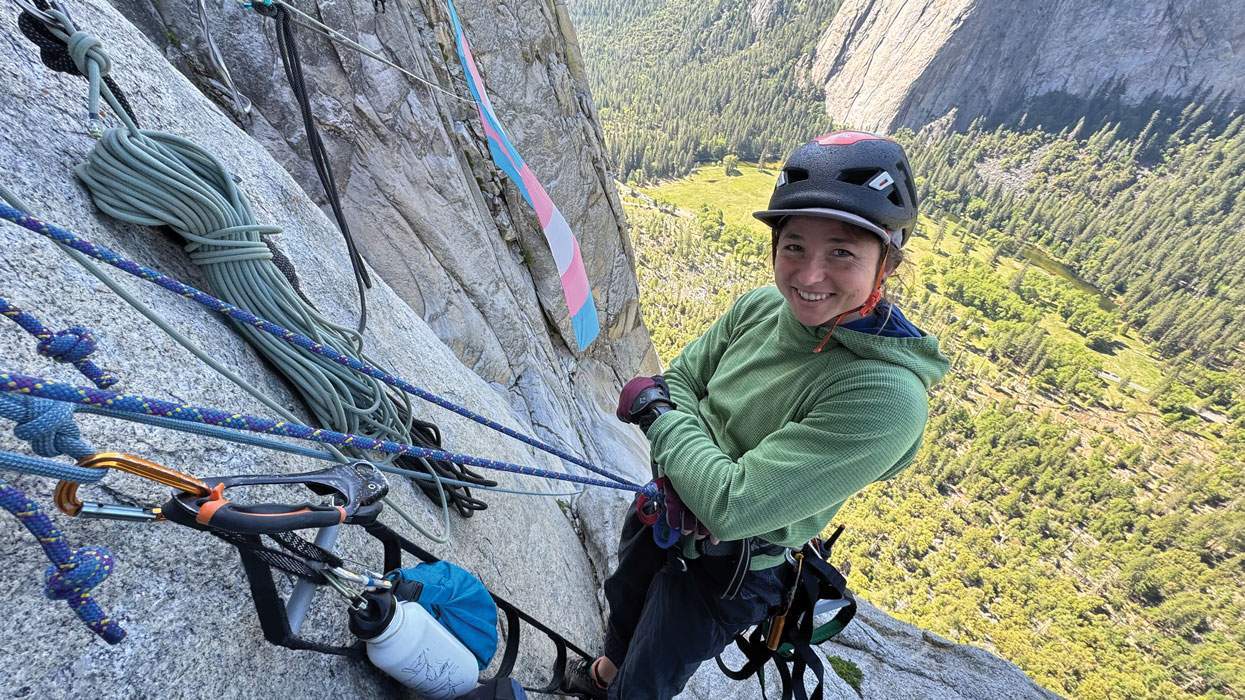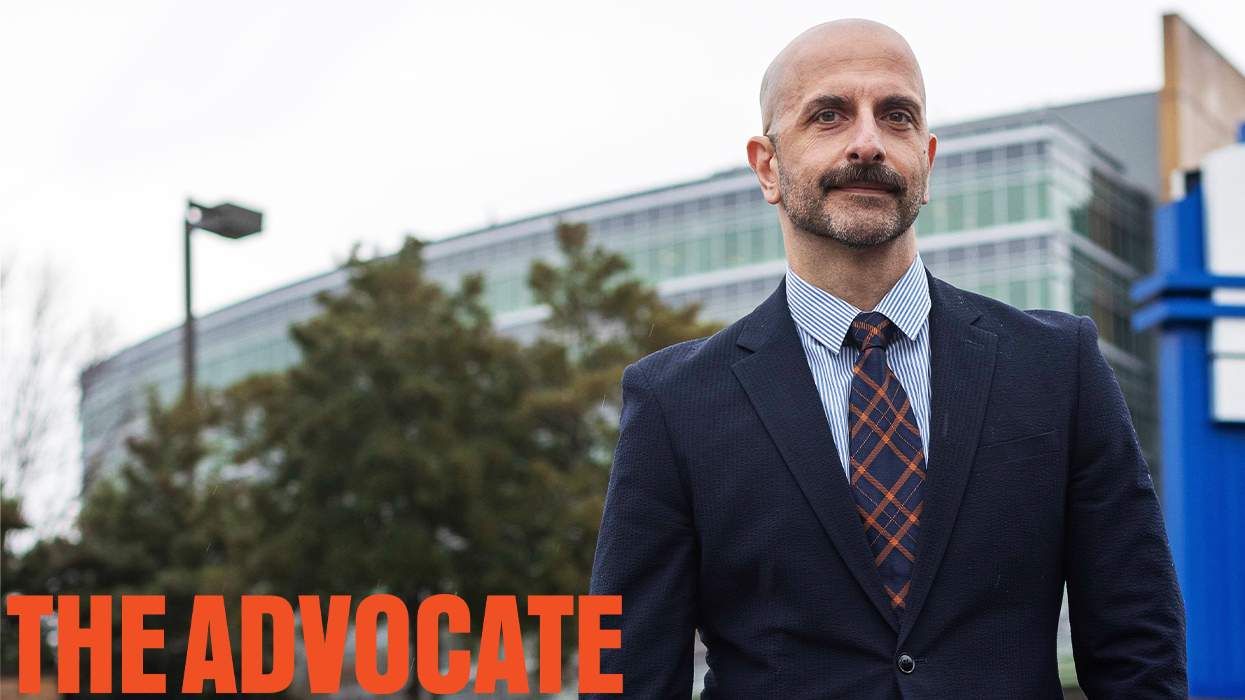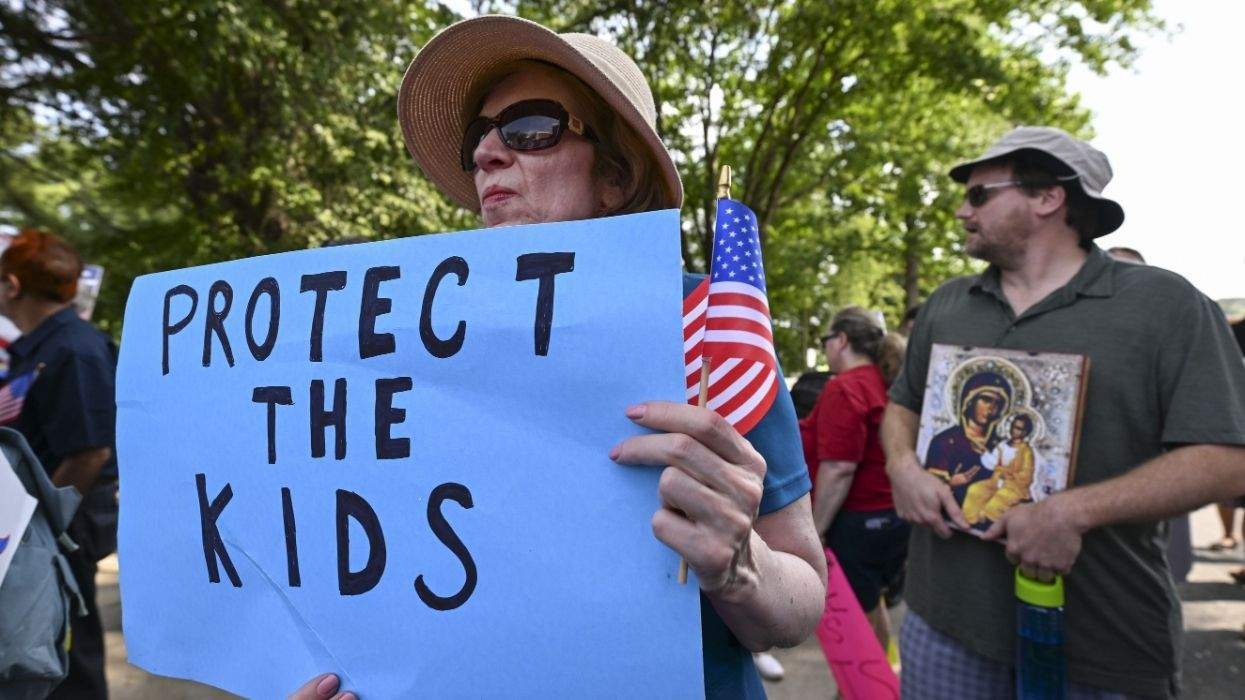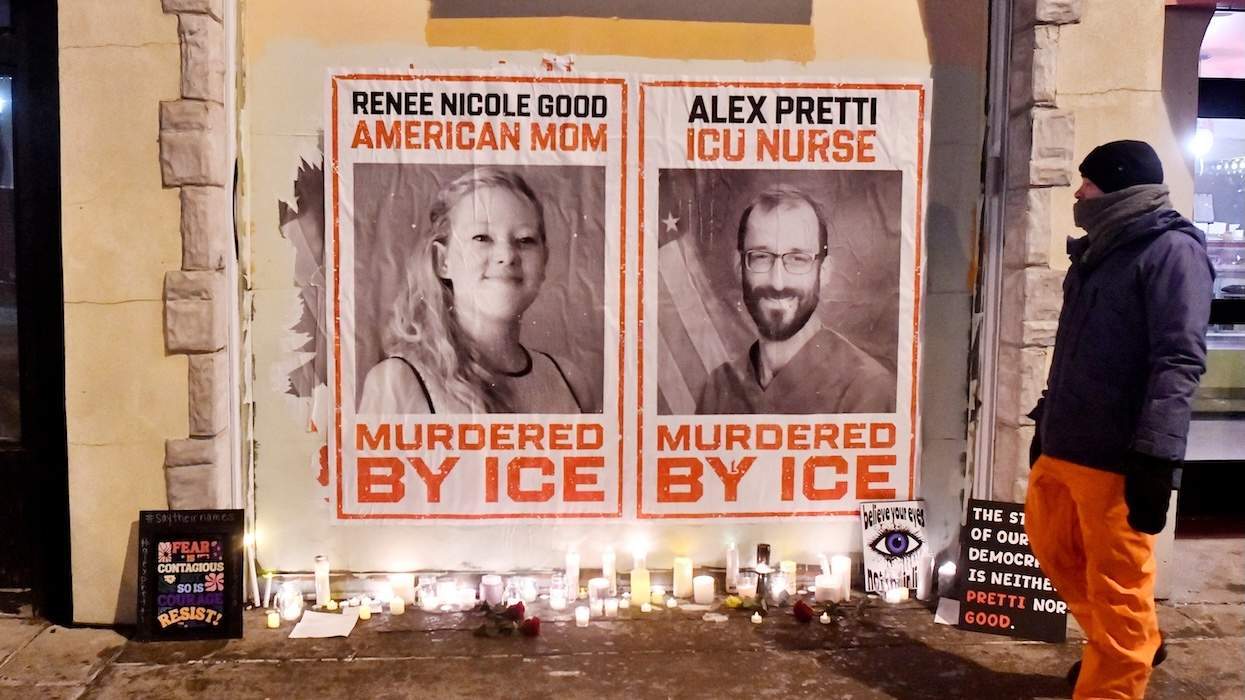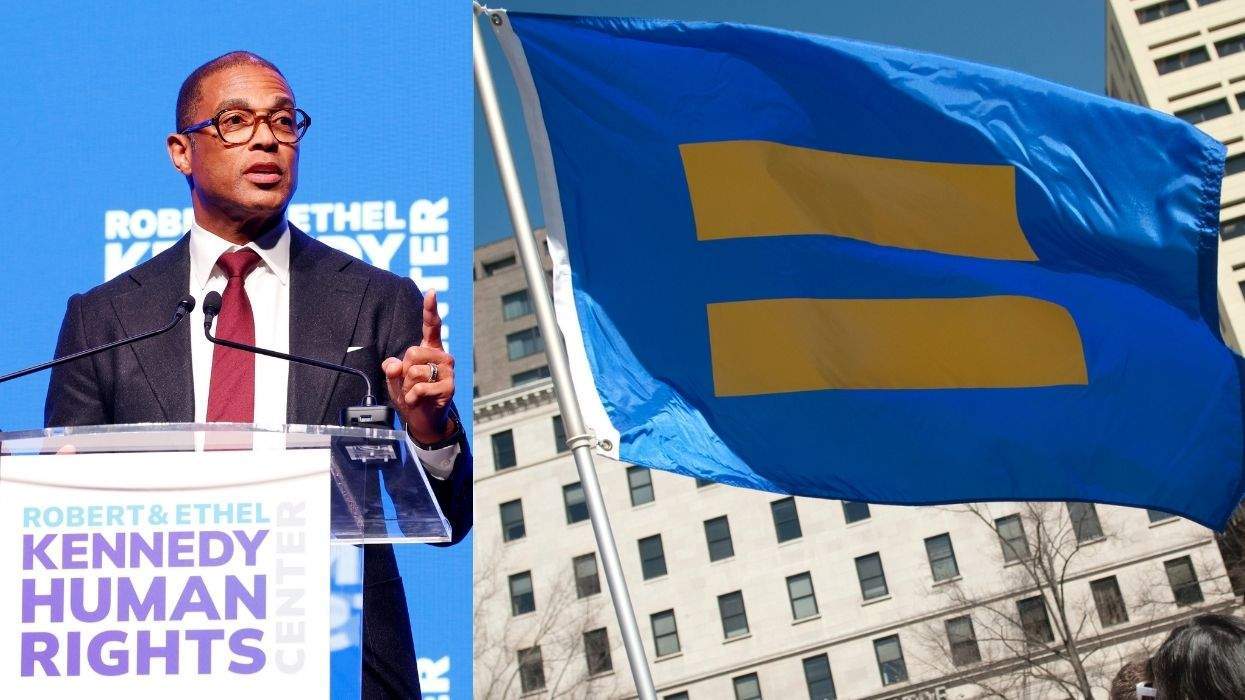MariNaomi is an award-winning queer half-Japanese author and artist born in Texas and raised in the San Francisco Bay Area. Her graphic novels include the memoirs Kiss & Tell: A Romantic Resume, Ages 0 to 22, Dragon's Breath and Other True Stories, and Turning Japanese; and the young adult trilogy Life on Earth (Graphic Universe, 2018-2020). Her artwork has graced the pages of more than 80 publications and been featured in institutions like the Smithsonian, the De Young Museum, and the Asian Art Museum. Her podcast, AskBiGrlz, with author Myriam Gurba, offers biracial and bisexual feminist advice.
MariNaomi is the founder and curator of the influential Cartoonists of Color Database (cartoonistsofcolor.com), the Queer Cartoonists Database (queercartoonists.com), and the Disabled Cartoonists Database (disabledcartoonists.com). These databases have been praised by, industry leaders as great sources of talent. Hope Nicolson, publisher at Bedside Press, and editor of queer-inclusive The Secret Loves of Geeks comics anthology, praised the databases in Publishers Weekly calling them "essential" and adding, "every comic publisher should be kicking her some cash for all her hard work."
In this exclusive interview with The Advocate, MariNaomi talks about her work, fart jokes, overthrowing the patriarchy, and how artists can stand out in a crowded field.
Gravity's Pull came out earlier this spring. It's the second in your Life on Earth young adult trilogy in which a high school student may have been abducted by aliens.
You change the artistic style each time you switch narrators. I've talked to queer/trans writers who are changing what we think of as novels or memoirs, and I wondered whether you see this desire to break artistic boundaries as inherently queer?
I think that those of us living in liminal and marginalized spaces, by the very nature of our existence, have plenty of forced experience pushing societal boundaries, so maybe doing so artistically might come more naturally to us? Or maybe all artists just have that desire. Actually, come to think of it, I know plenty of very basic queers, and a handful of very basic artists, so maybe rebellion is something else, something in our DNA.
Regardless, that's the thing I love about working in the comics medium -- there are plenty of boundaries to push, lots that has never been done before. The only other medium I can think of at the moment that has so much pioneering to do is video games, which is a lot more of a collaborative investment. As a comics creator, you have the potential to change the world single-handedly!
Sort of related to that, in connection to your work with the databases you've developed for queer and disabled creators and creators of color, do you find that there's anything that connects the work of the creators in your databases? I mean, I assume that we all do a better job representing ourselves -- ie, trans creators include more trans characters, disabled creators have more disabled characters. But beyond that, do say disabled creators build accessibility into the nature of their work in some way?
To be honest, I'm so immersed in comics by marginalized creators that I end up reading very few comics by any other folks. Just a few, and for the most part they're friends of mine, so I'm not really familiar with enough to compare. I can attest to the fact, however, that there are some people out there trying to write identities that aren't their own, who are failing miserably. And there are folks who are doing a good job, too. But I'm far more likely to pick up a book about, say, a Korean woman if it's also written and drawn by a Korean woman. Less chances of glaring errors.
That said, not all folks, marginalized or otherwise, are necessarily comfortable writing about their own identities. Not because they can't, but because we've been discouraged from doing so for so long. As a bisexual Asian American creator, I've been trying to wean myself off the notion that protagonists should be white-male-centric. For example, I recently made a gag comic where the subject was going to be a little blond boy named Timmy. I took a step back and realized, why am I still thinking like that? And changed it to a little Asian girl named Mari, and felt worlds better about it. I can't speak for other creators, but I am finally, in the last five or so years, starting to feel freer to write my own queer ethnic experiences without feeling like I have to explain everything as if to a straight white person. I realize now that there are plenty of people with experiences like mine who are hungry to see folks like themselves on the page. And I'm happy to deliver.
What has been the impact of these databases?
When I started the databases, I was hoping to build community, get jobs for marginalized folks, and essentially make them more visible. From what I've seen and heard, it's been working so far. At conventions and whatnot, I get a lot of academics, librarians, book sellers, event organizers, publishers, and other gate-keepers telling me they use my databases to find new talent. I've had lots of young cartoonists say the databases were responsible for their first paying gigs. It couldn't have gone better!
For my life personally, the databases have eaten up my time and money. But you know. It's got to be done. The work itself kind of sucks, but it does have its benefits. Such as, I feel like I'm much more in-the-know about marginalized creators now than before I started this project. And I know that I'm doing my best to help other people. That's pretty cool.
Your work often revolves around relationships, what is it about them that you find the most interesting?
The most interesting part to me are all the variables! I am always fascinated with how we interact with each other, and why. That's all any story is about, ultimately, isn't it?
I have to admit something, some of your comics cause me to have a totally sexist, gut response. I'm like, Fart jokes? Really MariNaomi? What are you, a 12-year-old boy? I know, I know, fart jokes are gender neutral. But I'm still kind of like, Defend yourself!
I've always said I'm a 14-year-old boy trapped in a hot woman's body. Not 12, that's too young. Fourteen is when a boy starts thinking about sex all the time, right? So yeah, sex and fart jokes. I can't get enough! But all joking aside, everybody farts.
You've said that you think the biggest challenge facing artists today is that there are just so many it can be hard to stand out, especially if you're a marginalized creator. Is there advice you can give about standing out in this crowded field?
First of all, make quality work. Nobody ever starts out making good work, so the first step is to practice a lot, figure out what stories you want to tell, and how you want to tell them. Experiment all over the place. This is something it took me years to figure out -- I started making and publishing short comics in 1997, and my first full-length book didn't come out until 2011. Be patient with yourself. It will come if you stick with it for long enough.
Next, it's okay to be inspired by other people's styles and themes when you get started, but it's important to eventually find your own voice. Personally, that's why I prefer reading autobio comics, as it seems like one of the more natural ways for a young cartoonist to find theirs. I mean, everyone has their own story, right? Not saying memoir is easy to do -- it's not! But your voice will likely shine through when you're telling your own story.
Once you've gotten good -- subjective word, work with me here -- if you want to build an audience, the fastest and cheapest way is to have an internet presence, and to know how to use social media in a non-spammy way. I'm sure there are a lot of articles out there that a person can Google, but in a nutshell: engage with people kindly, don't auto-DM them if they follow you, stuff like that. Don't create a Twitter account and advertise 24/7. Find your community. Engage with other people in a thoughtful, meaningful way. Tell jokes, talk about trivia -- whatever you're good at. And then make sure your work is extremely easy to find in your profile.
I highly recommend having your own website, with a pithy bio -- who are you and what do you do? None of that "I was drawing since I could hold a pen in my hand" crap. That's all of us, buddy -- tell us what you uniquely bring to the table. Have samples of your very best work up there.
So yeah: Be good, be unique, engage with your potential audience, and be easy to find. The first two can be challenging and take years, the third is easily learned, and any fool can have a website.
What's the best thing you've been asked on the podcast AskBiGrlz?
The first question we ever answered was a young woman whose new girlfriend's mustache bothered her, and she wondered how to broach the subject. We've gotten a lot of meaningful and funny questions over the life of this podcast, but that one really sticks with me. I often wonder if she took our advice and what became of that couple!
On the AskBiGrlz site it says you know a thing or two about overthrowing the patriarchy. Tell us what we need to know next.
First and foremost, it's important for us to not lose our reproductive rights. That's all I can think about nowadays, that and trying not to destroy the planet too much, but it might be too late for that.

